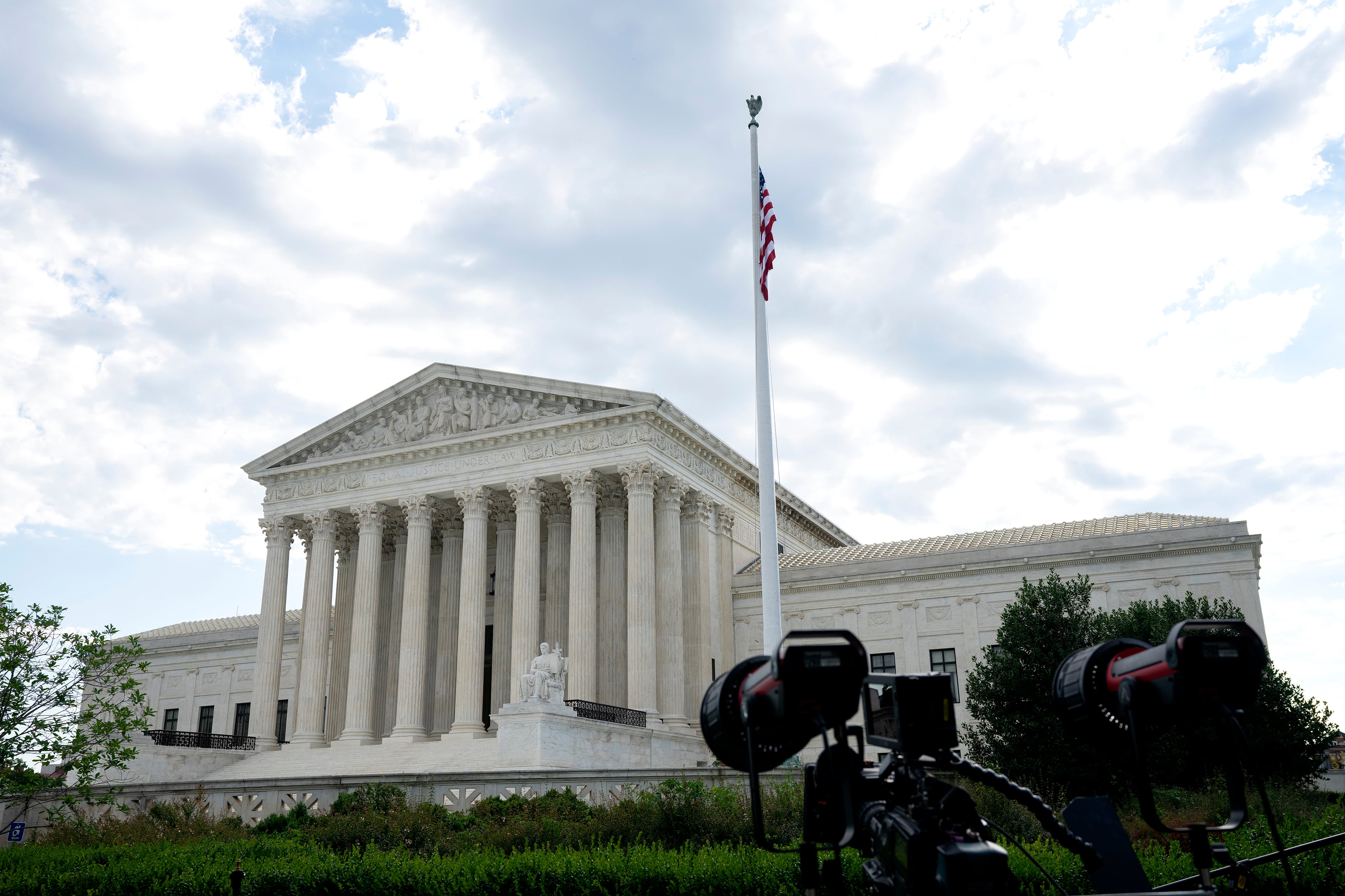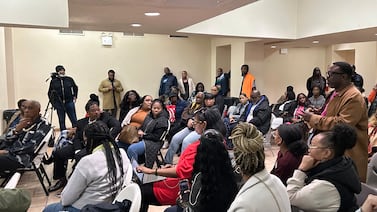The Supreme Court handed a victory to supporters of private school choice Tuesday, ruling that states can’t bar religious schools from receiving public support available to non-religious private schools.
The Court concluded that Montana’s disqualification of religious schools from its tax credit voucher program violated parents’ right to religious freedom.
“A State need not subsidize private education,” wrote Chief Justice John Roberts for a five-judge majority in the case, Espinoza v. Montana Department of Revenue. “But once a State decides to do so, it cannot disqualify some private schools solely because they are religious.”
The logic of the court’s decision would seem to effectively gut “no-aid” amendments to state constitutions, which prohibit public dollars from going to religious schools. That could make it simpler to pass new voucher programs and defend them against legal challenges.
The decision is a win for school choice supporters, who have had to work around those rules in state constitutions, and a blow to teachers unions and public school advocates, who have worried about the consequences of sending more public money to religious schools.
Still, it’s unclear whether the decision will have far-reaching implications. Small voucher programs in Maine and Vermont that do bar religious schools are likely to have to change their rules. And laws that prohibit churches from operating secular charter schools might also be under threat.
But it’s also true that no-aid amendments have not been an effective roadblock to voucher programs in much of the country. Eighteen states with no-aid amendments already have voucher programs, which help certain students pay private school tuition with public dollars or generous tax credits. The vast majority of those programs are already open to religious schools, meaning the latest decision is unlikely to affect them.
And even if the decision means that no-aid amendments get scrapped as unconstitutional, that doesn’t mean that states without voucher programs will have to create them.
The Espinoza case centered on a tiny program in Montana designed to support private schools. Under the law, taxpayers could redirect a share of their tax bill to a private organization that offered modest scholarships to pay for private school tuition.
The vast majority of these vouchers went to religious schools, but that seemed to conflict with the state’s constitution, which bars direct or indirect public support of religious schools. That led the Montana Supreme Court to strike down the program altogether. Kendra Espinoza, a parent whose daughters had been awarded scholarships, appealed the decision to the U.S. Supreme Court.
The case was taken on by the Institute for Justice, a libertarian law firm, whose lawyers argued that Montana had both infringed on religious freedom and discriminated based on religion.
The case has been closely watched by advocates and critics of private school vouchers. Education Secretary Betsy DeVos, a longtime school choice supporter, was in the courtroom during oral arguments.
DeVos quickly hailed the ruling, which comes in the wake of two recent high-profile losses by the Trump administration before the Supreme Court, including the ruling on the DACA program.
“Montana and other states should be very clear about this historic decision: your bigoted Blaine Amendments and other restrictions like them are unconstitutional, dead, and buried,” she said in a statement.
The American Federation of Teachers criticized the ruling and DeVos’ focus on private school tuition vouchers.
“We should be prioritizing additional resources for public education and other vital social programs, not diverting them to private purposes,” AFT President Randi Weingarten said in a statement.
The decision is not surprising. The Court’s majority telegraphed its skepticism of these provisions in a 2017 case requiring Missouri to pay for playground resurfacing for a religious school because the refurbishment program was available to nonreligious schools. The latest decision extends this logic.
“The no-aid provision penalizes that decision by cutting families off from otherwise available benefits if they choose a religious private school rather than a secular one, and for no other reason,” Roberts wrote for the five conservative justices.
The dissenting justices offered a variety of counterarguments.
“If, for 250 years, we have drawn a line at forcing taxpayers to pay the salaries of those who teach their faith from the pulpit, I do not see how we can today require Montana to adopt a different view respecting those who teach it in the classroom,” wrote Breyer in one of three dissents from the court’s four liberal justices.
Dissenting justices also argued that the case was effectively moot since the Montana Supreme Court already eliminated the program for religious and nonreligious schools alike.
“The Court seems to treat the no-aid provision itself as unconstitutional,” wrote Justice Ruth Bader Ginsburg in a dissent. But because Montana’s Supreme Court “put all private school parents in the same boat,” she wrote, “this Court had no occasion to address the matter.”






